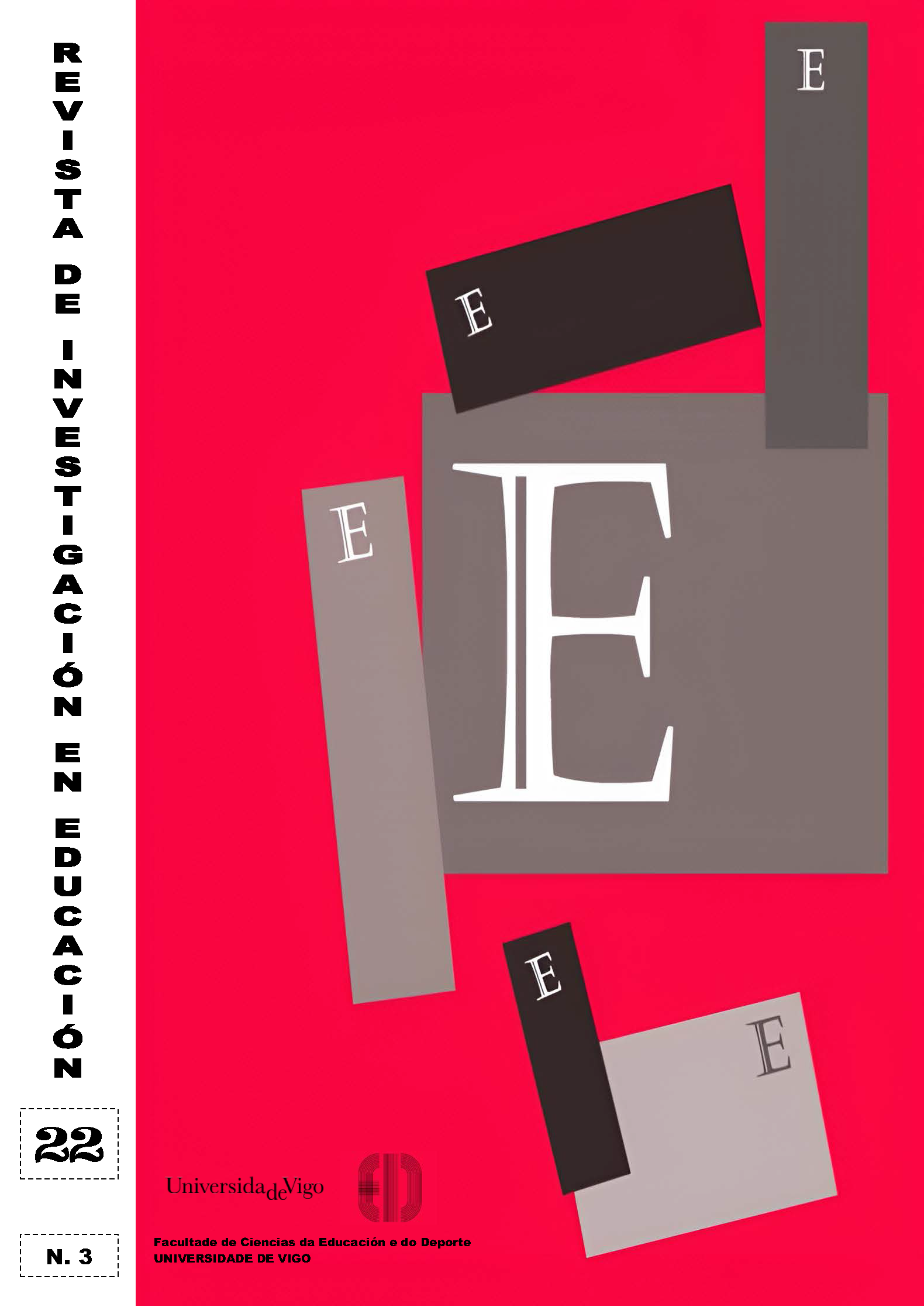Development of “Unplugged” Computational Thinking through Problem Solving: Systematic Review and Meta-analysis
DOI:
https://doi.org/10.35869/reined.v22i3.5755Keywords:
Computational Thinking, Computational Thinking Unplugged, Problem Solving, Educational Resources, Educational PracticesAbstract
The increasing demand for technological professions has boosted STEAM education and the development of computational thinking from an early age. Although teaching programming is considered effective in fostering this type of thinking, it has been observed that focusing exclusively on coding in the short term may not be the most appropriate strategy. The aim of this work was to analyze empirical studies that deal with the development of computational thinking in students of different educational stages. For this purpose, a systematic review with meta-analysis methodology was used, where 12 studies conducted in educational stages from preschool to higher education were analyzed. Eleven of these studies reported significant evidence of learning computational thinking while only one of them found no significant differences. In turn, the overall effect size was significant in favour of the experimental group. Finally, this approach adapts to the needs of children, as it allows them to learn in a playful and creative way, fostering cognitive, logical, and problem-solving skills.
Downloads
Downloads
Published
Issue
Section
License
Copyright (c) 2024 Revista de Investigación en Educación

This work is licensed under a Creative Commons Attribution-NonCommercial-NoDerivatives 4.0 International License.
The acceptance of the papers for publication, means that the printing and reproduction rights are owned by the journal. The conditions of use and reuse of content are those established in the Creative Commons CC BY-NC-ND 4.0 license.



